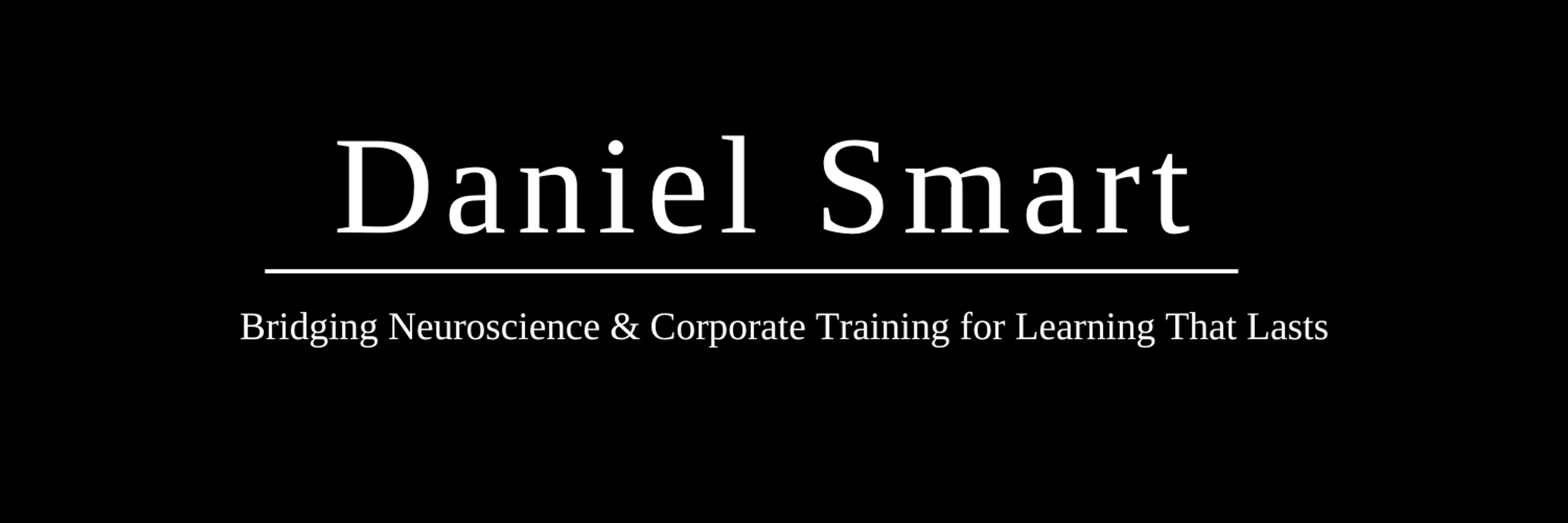
Employees forget 90% of what they learn within a week. Why? Because most training ignores how the brain learns.
🧠 I use neuroscience to make training stick.
Follow for insights on learning, memory, & performance.
open.substack.com/pub/thelearn...

open.substack.com/pub/thelearn...
#learning
#learning

The ‘protégé effect’: teaching others forces you to clarify ideas and improves retention. If you can explain it simply, you truly understand it.
#learning
The ‘protégé effect’: teaching others forces you to clarify ideas and improves retention. If you can explain it simply, you truly understand it.
#learning
#learning
#learning
The Science of Forgetting: Why We Lose Knowledge and How to Retain It
open.substack.com/pub/thelearn...
#learning

The Science of Forgetting: Why We Lose Knowledge and How to Retain It
open.substack.com/pub/thelearn...
#learning
Neuroscience shows that memory decay helps filter out noise, keeping our minds sharp for what actually matters.
When trying to retain information. Space it out. Recall it often. Sleep on it.
#memory
Neuroscience shows that memory decay helps filter out noise, keeping our minds sharp for what actually matters.
When trying to retain information. Space it out. Recall it often. Sleep on it.
#memory
#education #HR #corprate
#education #HR #corprate
#neuroeducation #workplacetraining #workplacelearning
#neuroeducation #workplacetraining #workplacelearning
🔹 The more real-world relevance training has, the stronger the memory.
🔹 Information that stands alone gets forgotten.
Training should be linked to experiences, not just theory.
#Neuroscience #TrainingDesign #LearningScience
🔹 The more real-world relevance training has, the stronger the memory.
🔹 Information that stands alone gets forgotten.
Training should be linked to experiences, not just theory.
#Neuroscience #TrainingDesign #LearningScience

It helps with:
🧠 Focus & attention
📖 Organizing new information
🔄 Retrieving memories
Overloading it with content? That leads to fast forgetting. Corporate training should respect cognitive limits.
#Neuroscience #CorporateTraining
It helps with:
🧠 Focus & attention
📖 Organizing new information
🔄 Retrieving memories
Overloading it with content? That leads to fast forgetting. Corporate training should respect cognitive limits.
#Neuroscience #CorporateTraining
#workplacetraining #corporateeducation #neuroeducation
#workplacetraining #corporateeducation #neuroeducation
Cognitive Load Theory explains how our brains process and retain information. Too much information at once? We struggle. Well-structured learning? We thrive. 🧠📚
Cognitive Load Theory explains how our brains process and retain information. Too much information at once? We struggle. Well-structured learning? We thrive. 🧠📚
We forget ~50% of new info within an hour, ~70% in a day, and ~90% in a week—unless we reinforce it.
🧠 Want to beat forgetting?
✅ Spaced repetition
✅ Active recall
✅ Real-world application
Learning isn't about cramming—it's about remembering. 🔁 #LearningScience
We forget ~50% of new info within an hour, ~70% in a day, and ~90% in a week—unless we reinforce it.
🧠 Want to beat forgetting?
✅ Spaced repetition
✅ Active recall
✅ Real-world application
Learning isn't about cramming—it's about remembering. 🔁 #LearningScience
We forget ~50% of new info within an hour, ~70% in a day, and ~90% in a week—unless we reinforce it.
🧠 Want to beat forgetting?
✅ Spaced repetition
✅ Active recall
✅ Real-world application
Learning isn't about cramming—it’s about remembering. 🔁
We forget ~50% of new info within an hour, ~70% in a day, and ~90% in a week—unless we reinforce it.
🧠 Want to beat forgetting?
✅ Spaced repetition
✅ Active recall
✅ Real-world application
Learning isn't about cramming—it’s about remembering. 🔁
Cognitive Load Theory explains how our brains process and retain information. Too much information at once? We struggle. Well-structured learning? We thrive. 🧠📚
Cognitive Load Theory explains how our brains process and retain information. Too much information at once? We struggle. Well-structured learning? We thrive. 🧠📚






